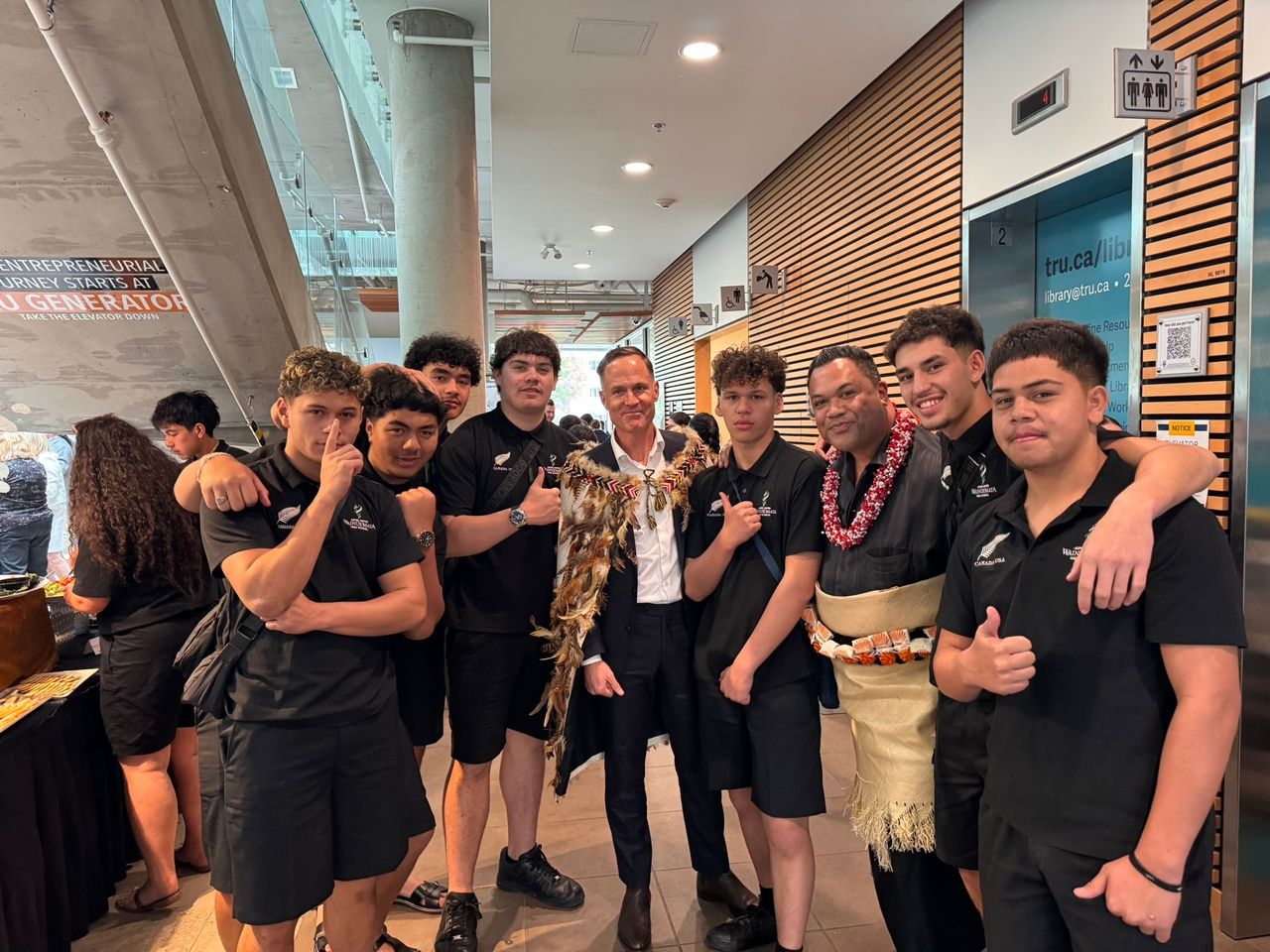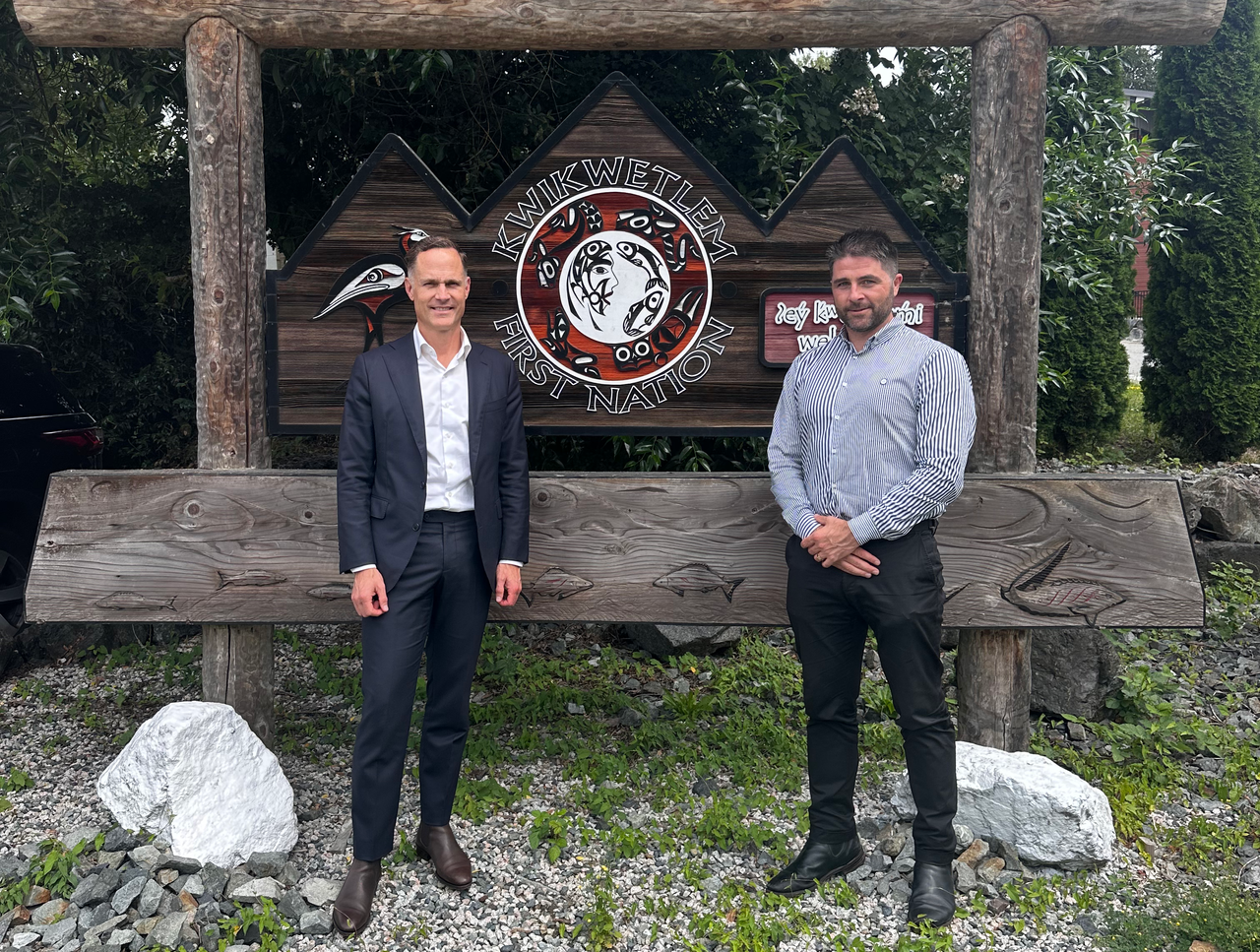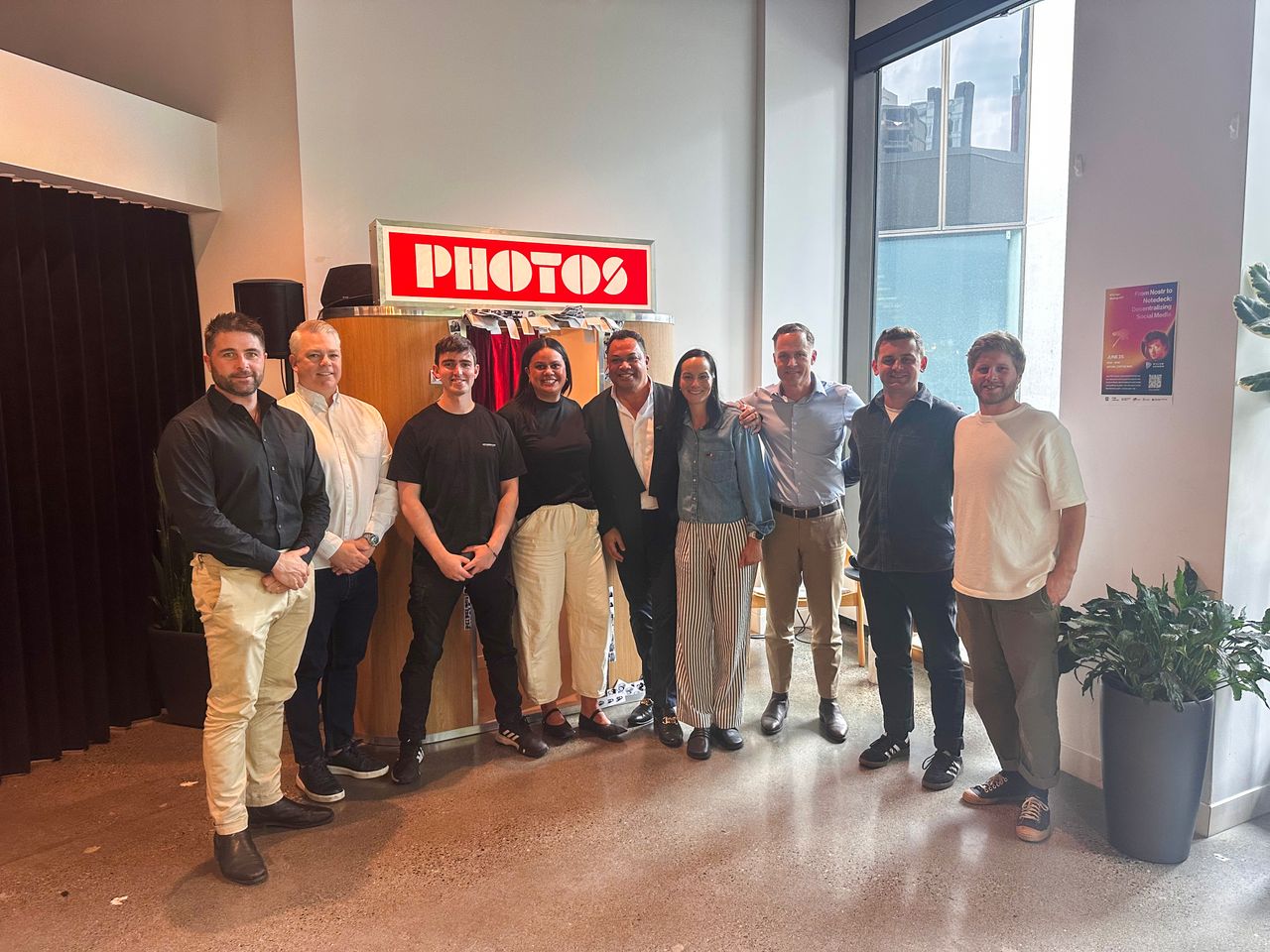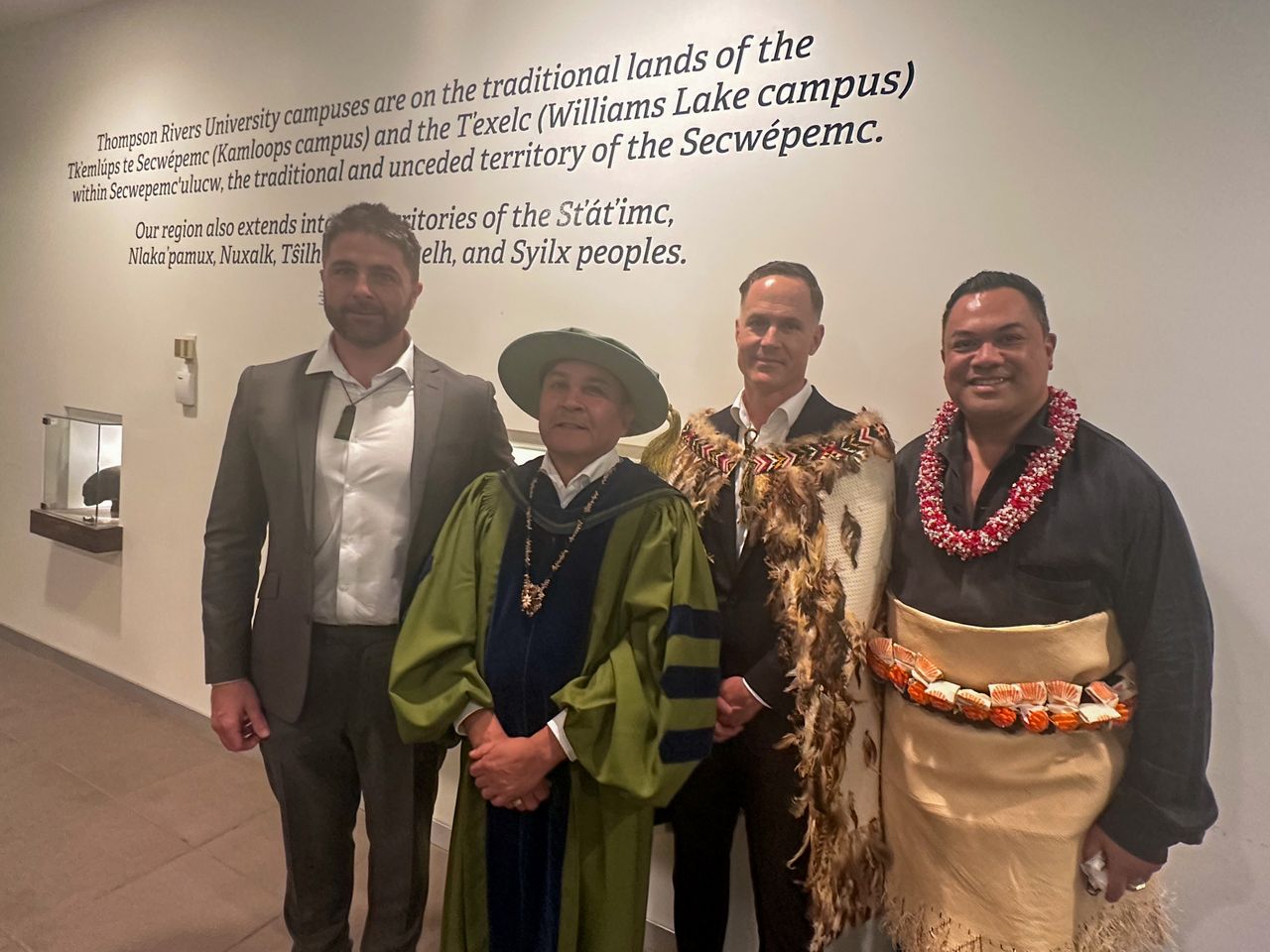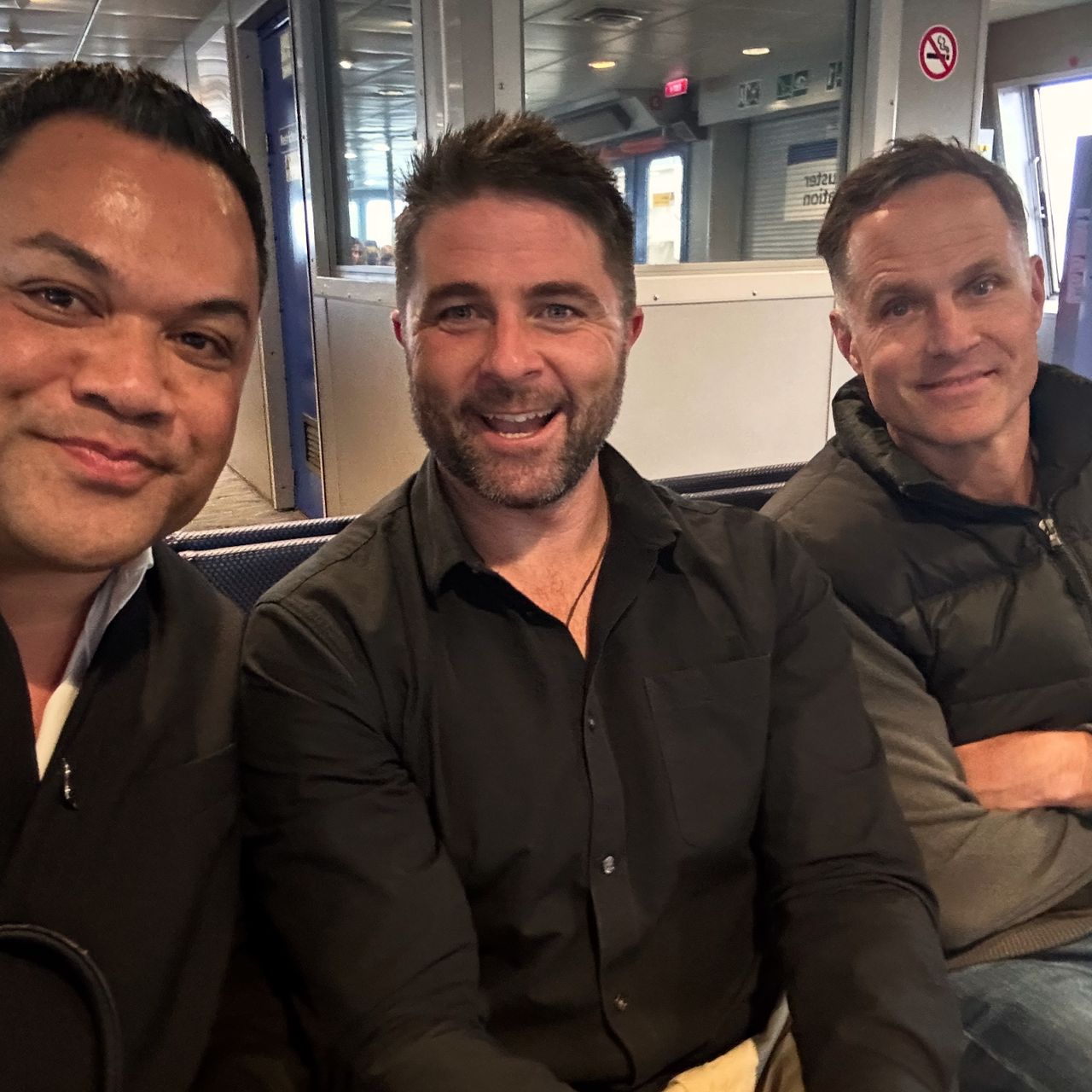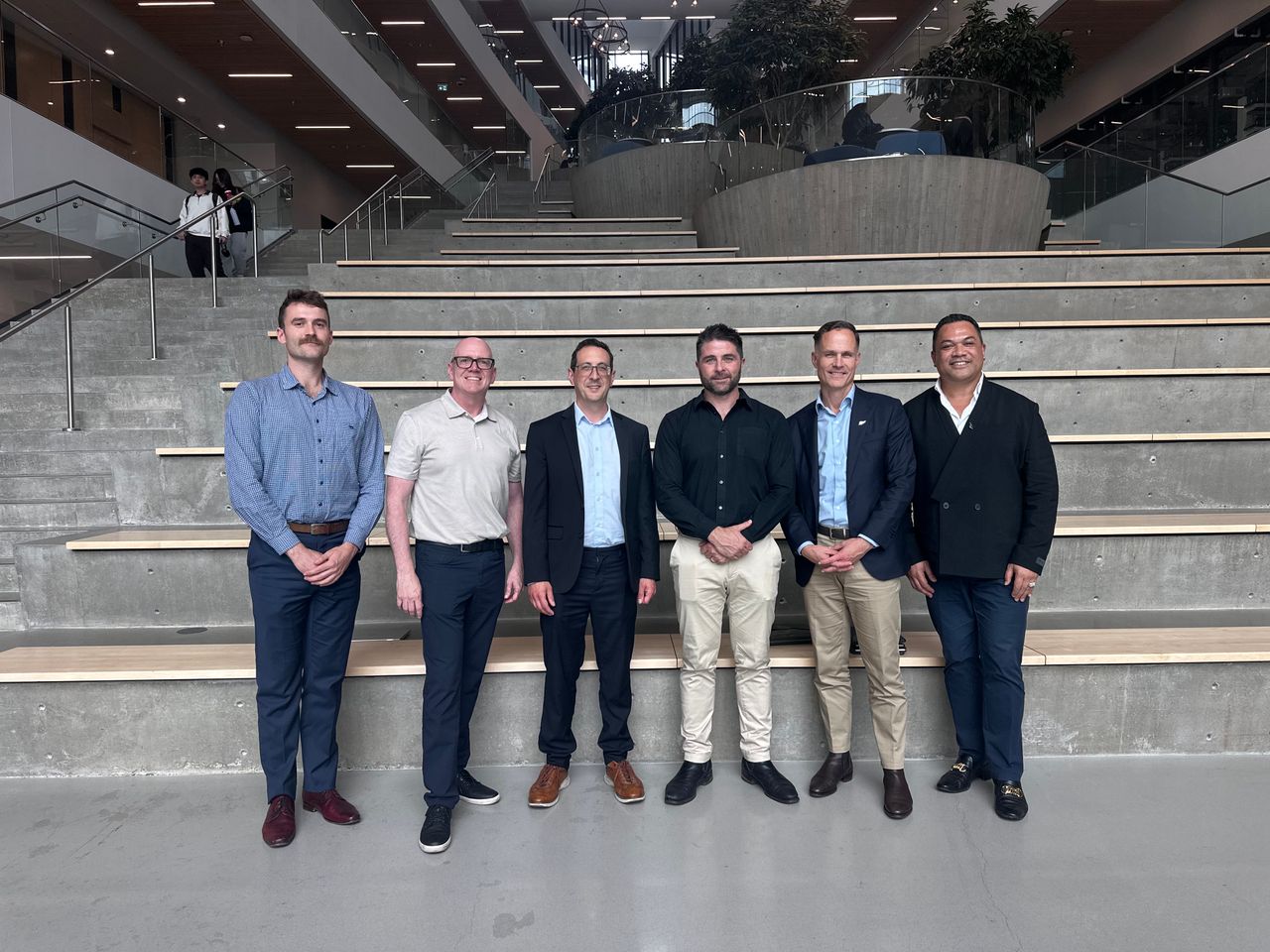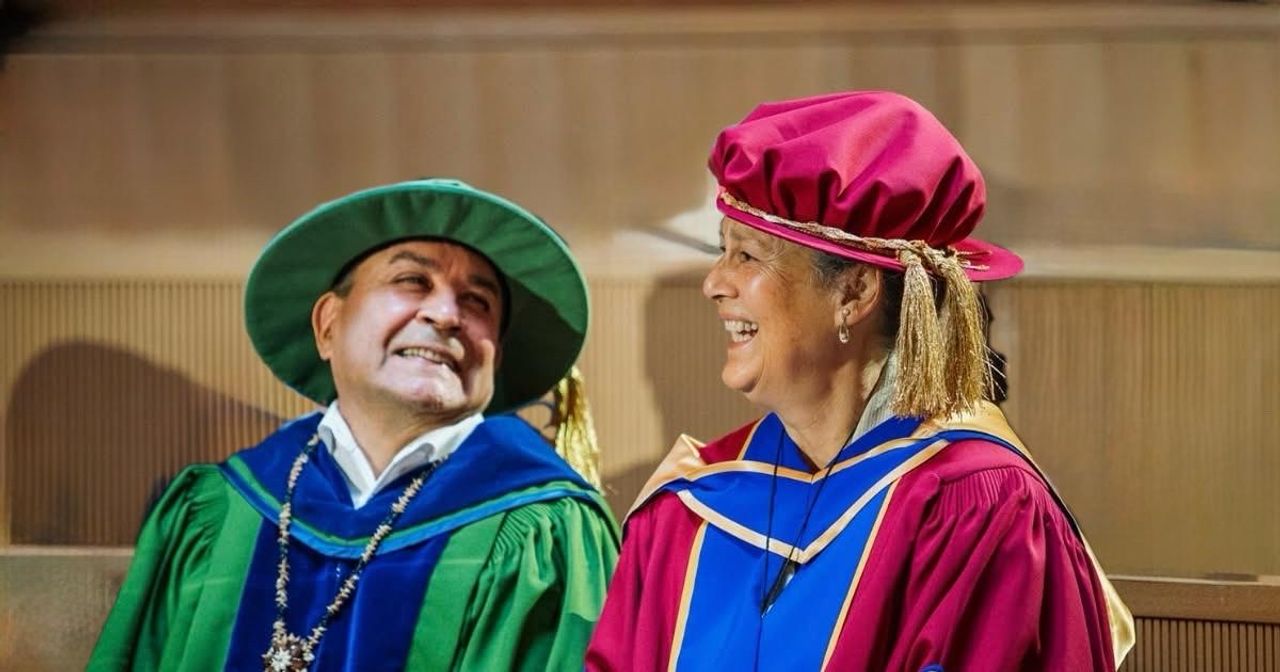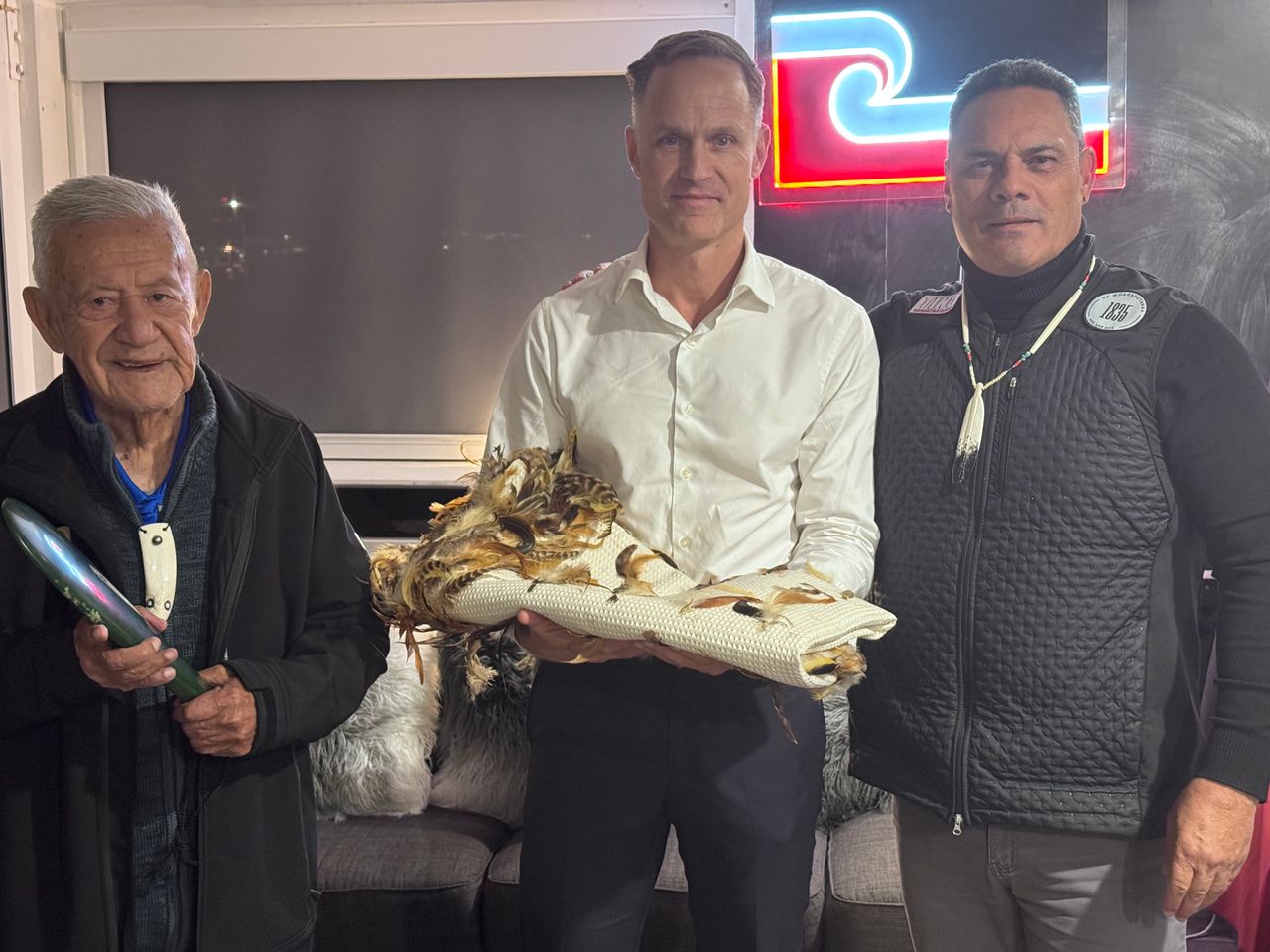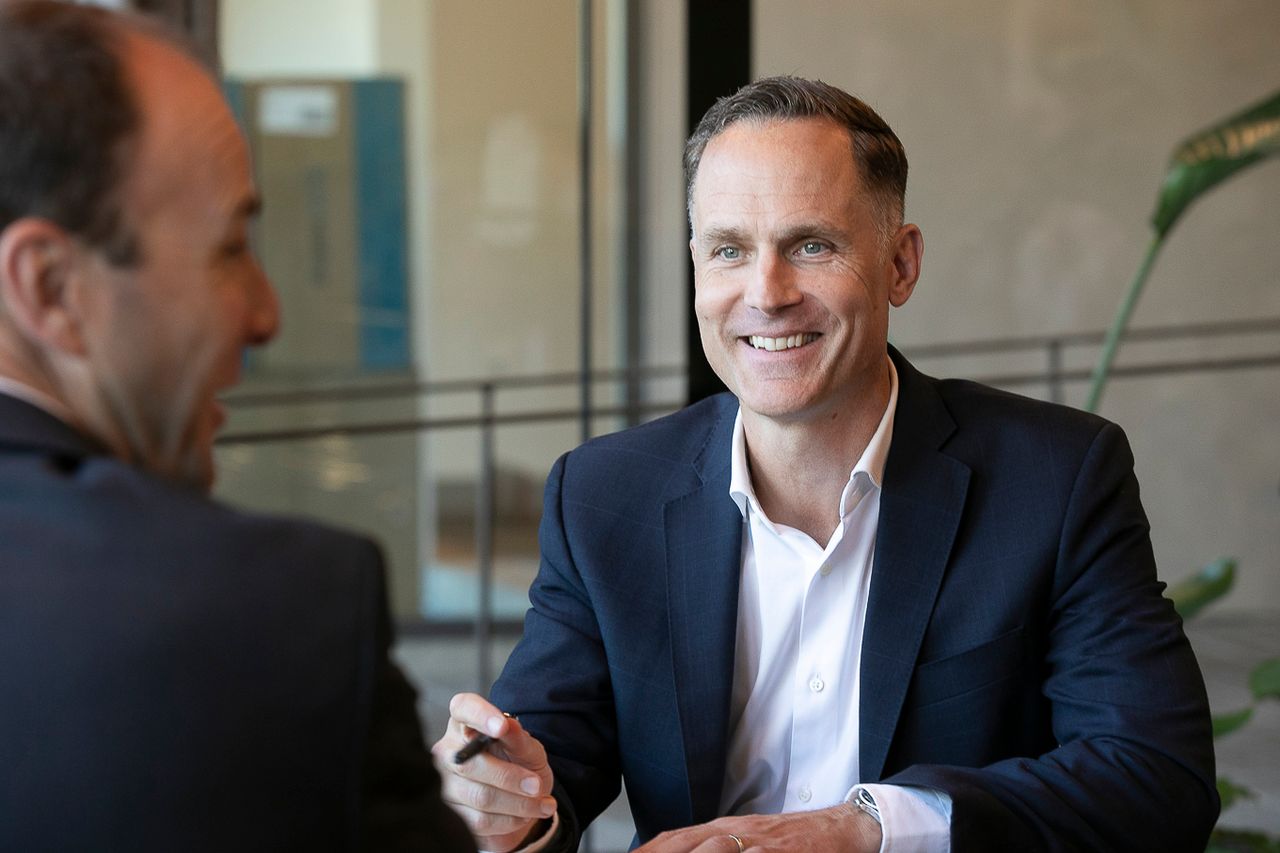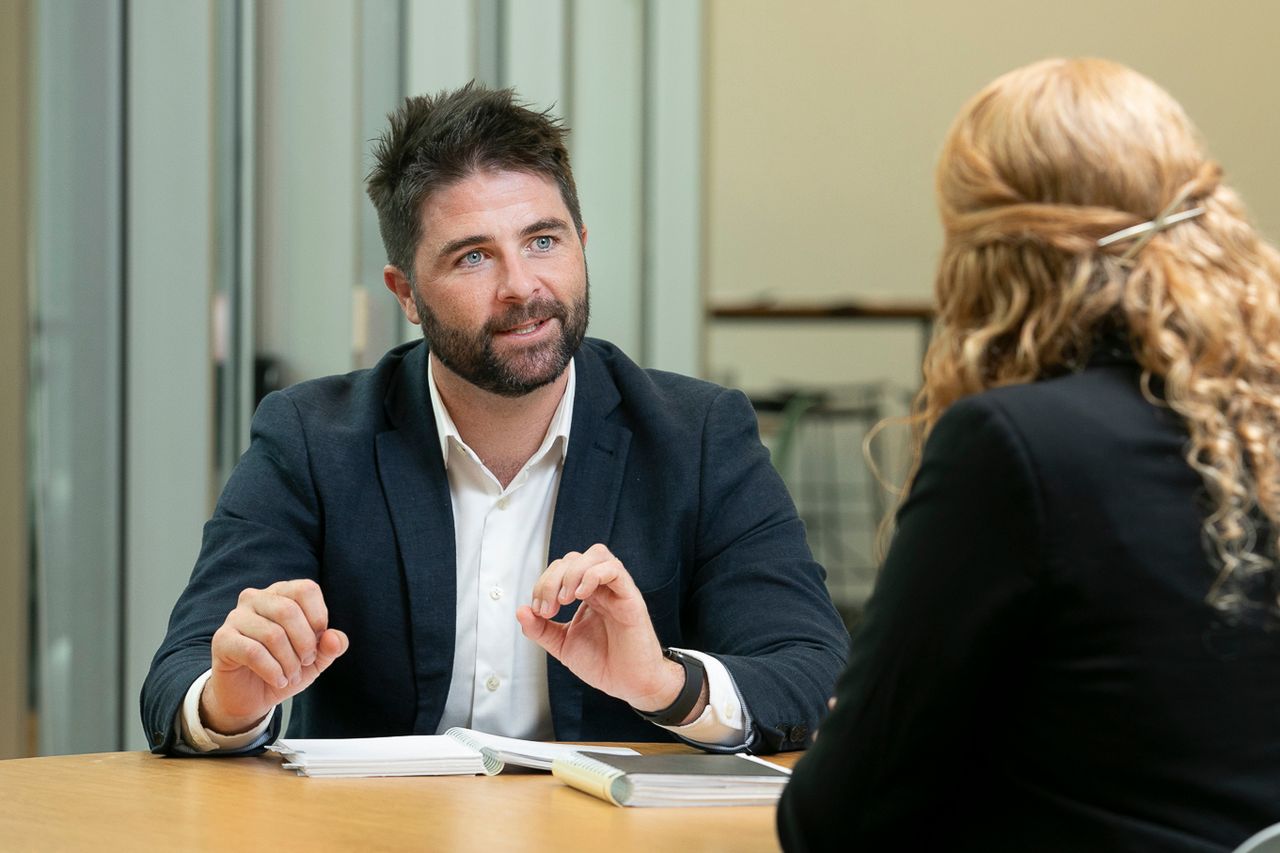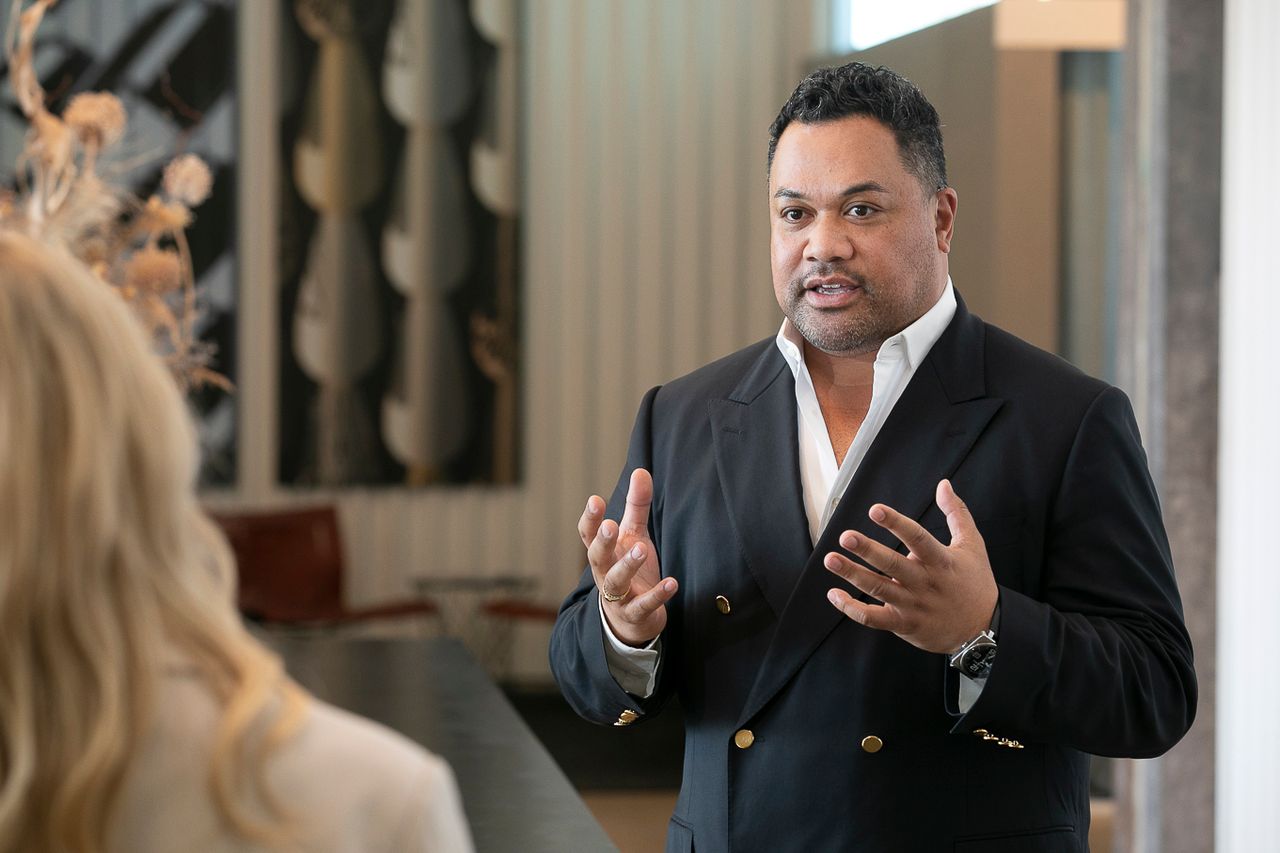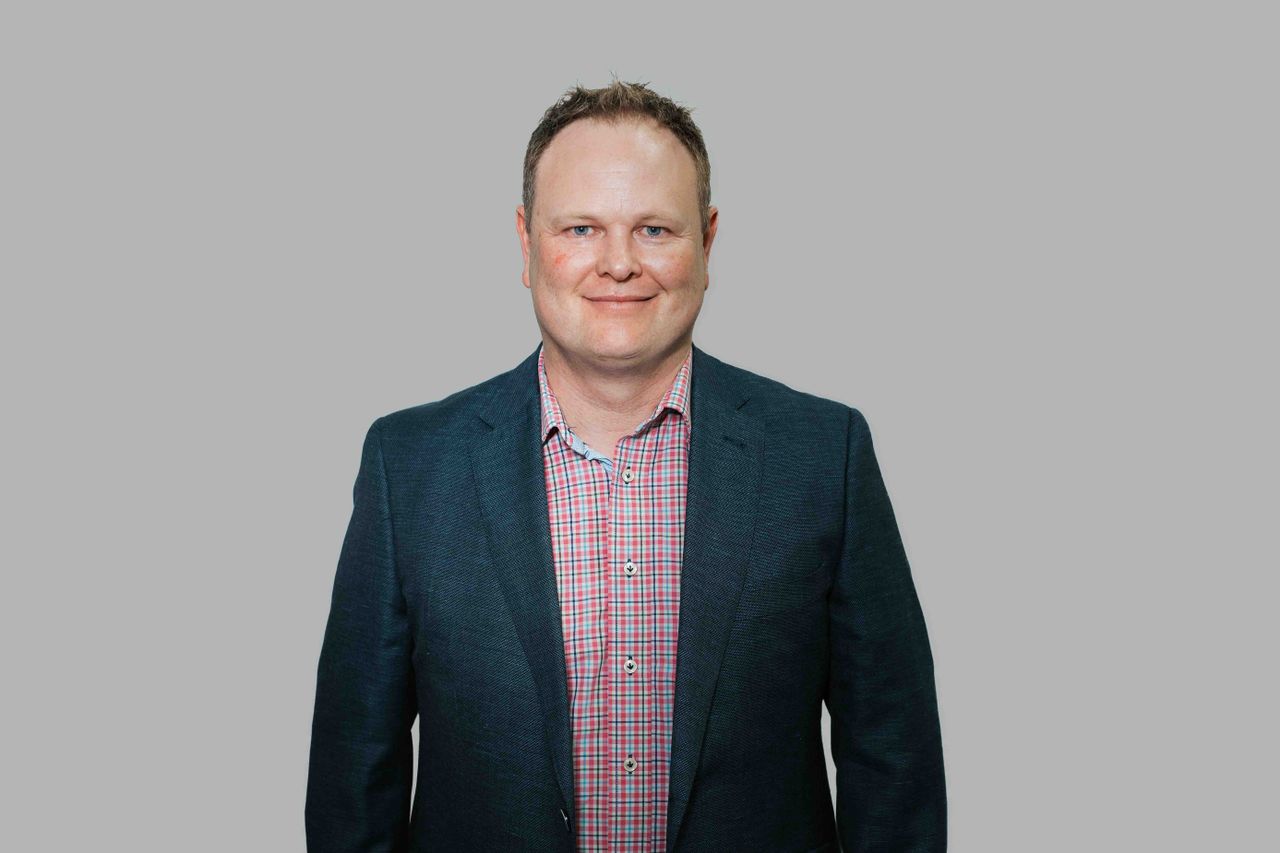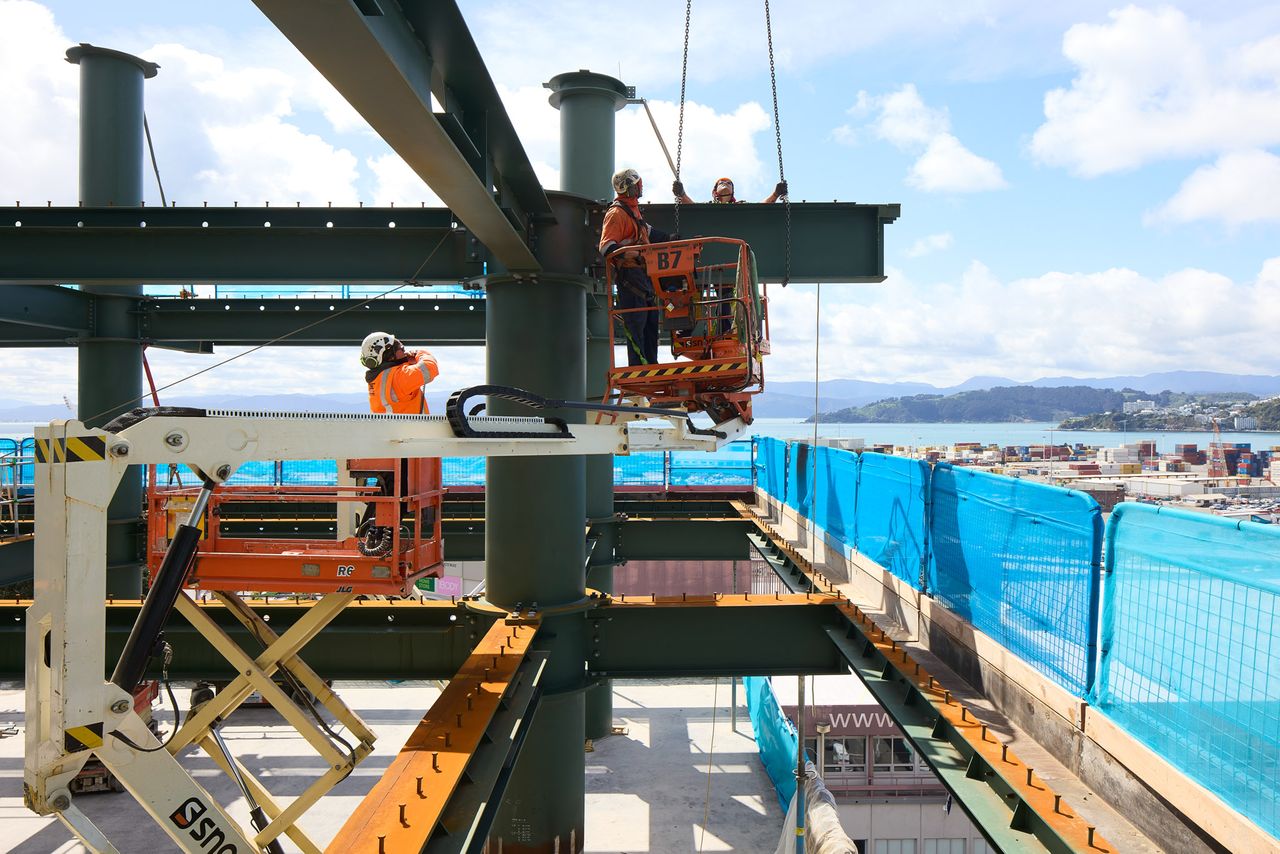News & Insights
Building Trust Across Borders
Author
Date
- 2025 July
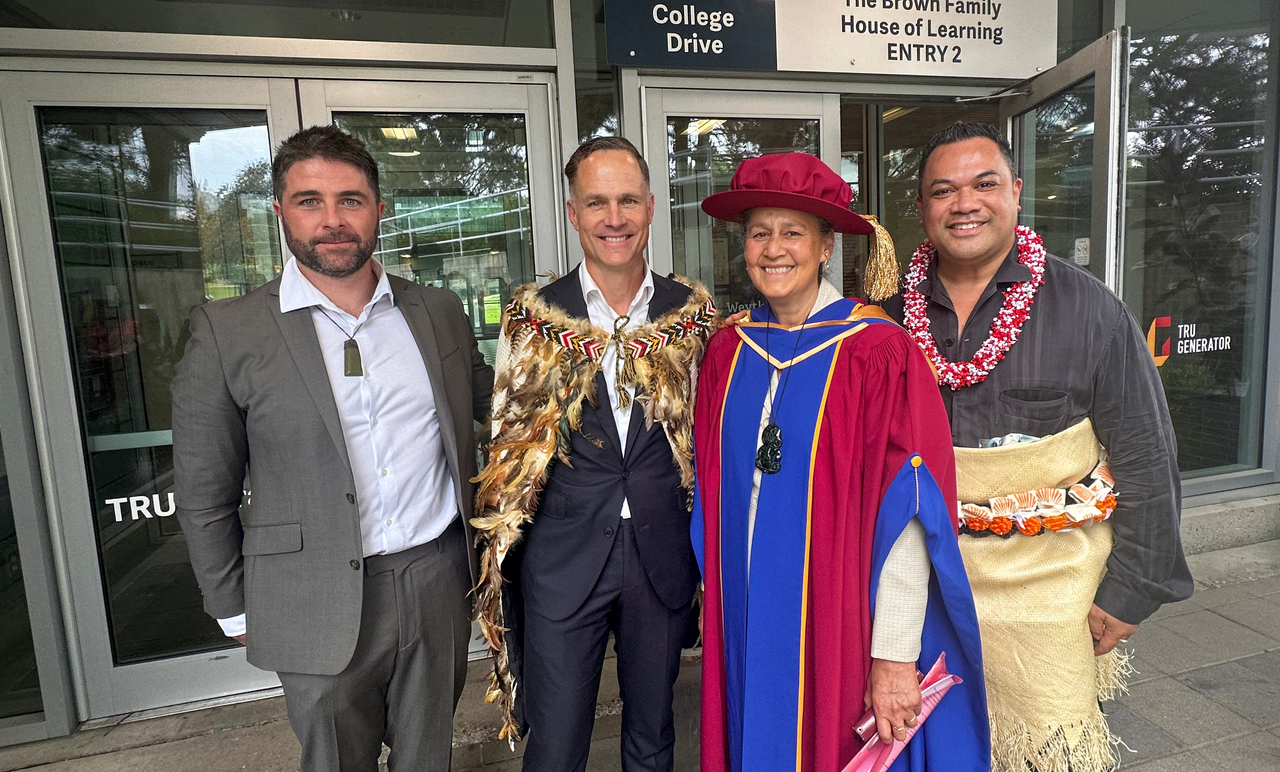
What First Nations Engagements in Canada Mean for RCP
After a powerful week on the ground in British Columbia, it’s clear that our journey with First Nations communities is more than just a relationship; it’s a responsibility and an opportunity.
As RCP expands its presence in Canada, cultural engagement with First Nations isn’t a ‘nice-to-have’; it’s foundational. We’ve learned that creating value in Indigenous-led spaces requires more than standard project management. It demands humility, cultural intelligence, and a deep respect for traditions that stretch back thousands of years. It means slowing down to listen before moving forward.
This approach isn’t new to us. In Aotearoa New Zealand, RCP has worked closely with Māori iwi, hapū, and whānau on projects grounded in tikanga Māori, Treaty principles, and community-led design. Whether it’s cultural infrastructure, regional regeneration, or unlocking investment in local economic outcomes, we’ve learned that the most enduring work begins with trust. That experience is now helping us walk respectfully alongside First Nations communities in Canada.
The recent visit to the land of the Secwépemc people at Thompson Rivers University (TRU) marked a turning point. It was a deeply affirming week spent alongside Dr. Garry Gottfriedson (Secwépemc poet, academic, and cultural advisor), Jeremy Hay (our Managing Director), Bevan Judge (Principal) and Jack Bourke (Head of Strategic Engagement). Together, we explored what it means to truly co-design cultural spaces; not just with aesthetic nods to Indigenous identity, but with narrative, symbolism, and process grounded in care and reciprocity.
One moment stood out. During a key gathering with First Nations leadership, Jeremy wore a Korowai gifted by Ngāti Whātua Ōrākei; a traditional Māori cloak symbolising leadership, protection, and the weight of responsibility. That same week, Dr. Garry wore his doctoral regalia, and Bevan carried a deeply meaningful pounamu. These weren’t costumes. They were statements; of whakapapa, commitment, and mutual recognition.
So, what does this mean for RCP?
It means expanding the definition of project success. It’s not just about buildings delivered on time and budget. It’s about whether those buildings hold meaning for the people they serve. It’s about how spaces can support reconciliation, language revitalisation, and self-determined economic development.
It also means investing in long-term relationships. First Nations engagement is not a one-off consultation; it’s an ongoing process of walking together. For RCP, this involves everything from adapting our methodologies to accommodate cultural protocols, to co-developing guiding principles that shape each project’s purpose from day one.
Commercially, this also opens a different kind of opportunity; one that aligns economic development with social outcomes. First Nations in Canada are increasingly taking a leadership role in infrastructure delivery, development partnerships, and strategic land use. They are not just stakeholders; they are rights holders and often co-investors. For a company like RCP, that creates exciting scope for collaboration; but only if we show up with the right intent.
